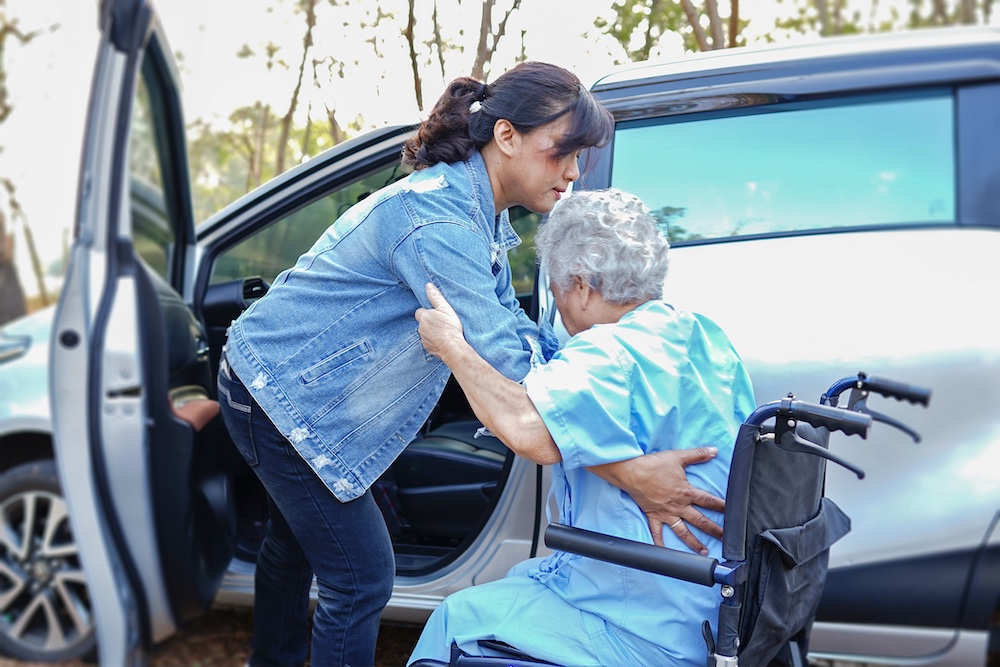Domestic Violence Awareness Month (DVAM) has provided an opportunity for dialogue about abuse and threats to the safety and wellbeing of our neighbors, friends, and family. This dialogue must continue past the month of October.
As DVAM comes to an end, it is critical to look forward at ways we can continue to support survivors of domestic violence. Economic supports are one of the greatest unmet needs among survivors receiving domestic violence services. Survivors’ economic needs often drive them to stay with abusers longer, leading to increased abuse, injuries, and even fatalities.
The financial effects of intimate partner violence (IPV) are significant and often devastating:
- On average, IPV stalking victims lose 10 days of paid work, IPV rape victims lose 8.1 days, and IPV physical assault victims lose 7.2 days of work.
- Total annual health care costs for physically abused women are 42 percent higher than for nonabused women.
- On average, women lose between $312 and $1,018 in earnings during the year after petitioning for a Protection from Abuse (PFA) civil restraining order.
The economic costs of intimate partner violence are compounded by the economic inequalities faced by specific populations, increasing vulnerability and limiting opportunities to seek safety and justice. For instance:
- Women of color face a significant wage gap, with Black women earning 63 cents and Hispanic women earning 54 cents for every dollar earned by White men.
- Women over the age of 65 are more likely than their male counterparts to live in poverty (11.3 percent, compared with 7.4 percent for men), and have nearly $20,000 less in annual total income than their male counterparts.
- Rural women earn only 79 percent of what women living in urban areas make, and often have limited access to resources such as medical care, legal services, and shelters.
By screening for economic abuse and assessing economic needs, service providers can help address barriers to safety by directing survivors to appropriate services and community resources. Discussing finances in safety planning can also help prevent further economic abuse.
Rebuilding economic security can help pave the way to recovery for survivors. Partnering with workforce development programs or offering career support services can help survivors acquire the skills necessary to obtain quality employment and build economic security. With only 37 percent of domestic violence programs offering legal aid, survivors would also benefit from more in-house legal services or partnerships with discounted or free legal assistance as well as education about their rights regarding housing, employment, and education. In addition, providing survivors with information about Crime Victim Compensation (CVC) and economic relief in the justice system will help support their future economic recovery.
Domestic and sexual violence programs, the civil and criminal justice systems, and communities play distinct and important roles in supporting survivors’ independence and recovery from the costs of abuse, and these groups must recognize and respond to the economic barriers and costs survivors face. For more recommendations on how policymakers and communities can promote economic security among survivors of domestic violence, visit IWPR’s Economic Security for Survivors Project.



